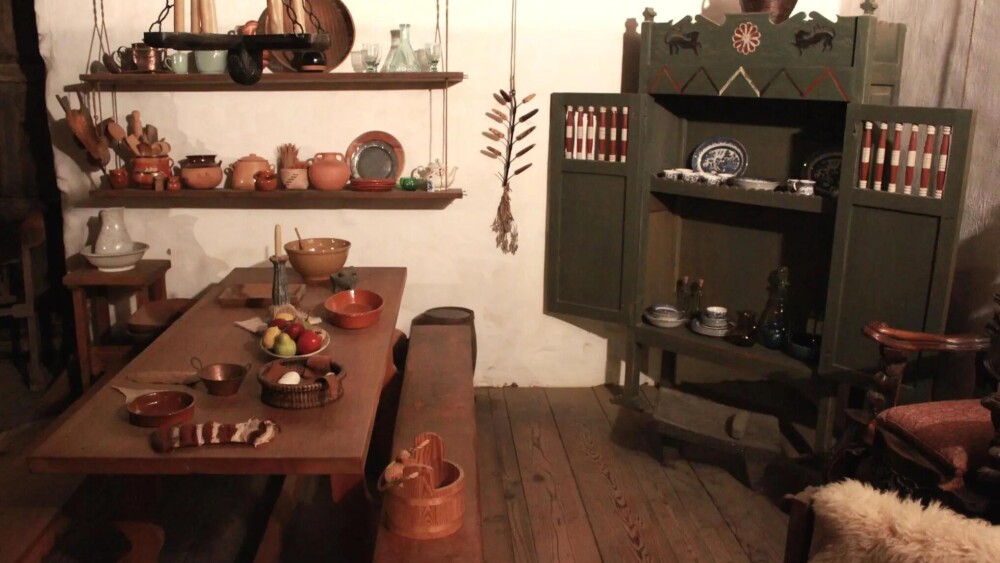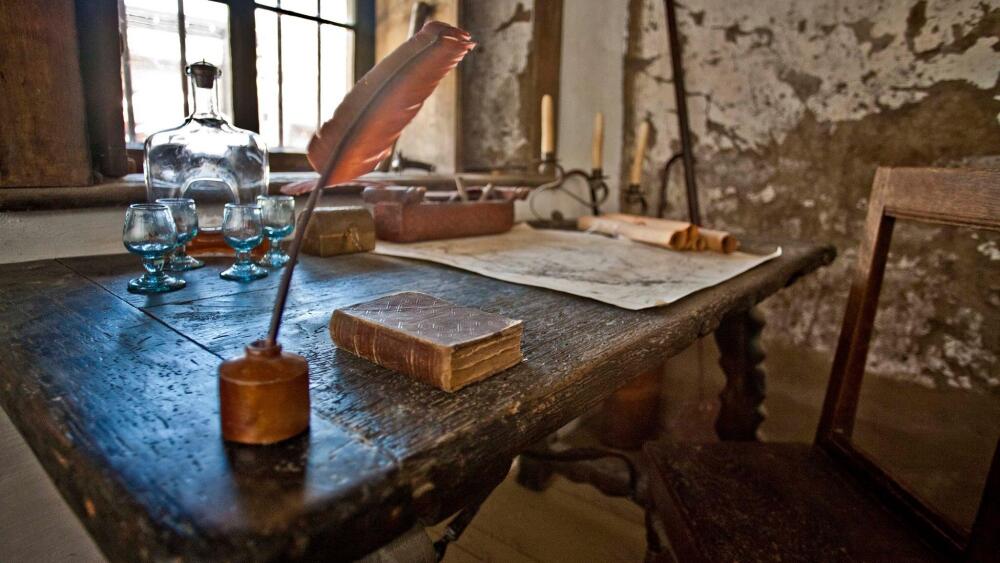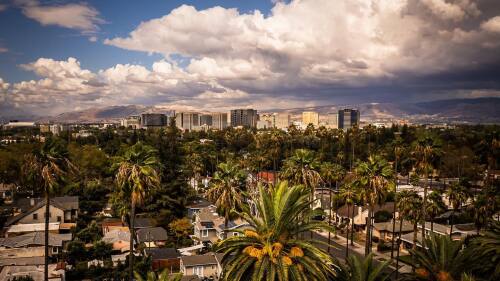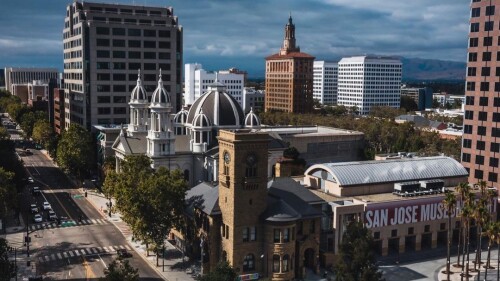When you visit San Pedro Square Market for food + drinks, you may disregard the old-timey adobe in the center of the courtyard.
What you may not know is that this unassuming building is more than 200 years old, and tells the histories of San Jose, California, Spain, and indigenous people who lived in the Bay Area prior to colonization.
The building, known as the Gonzales/Peralta Adobe, is the last remaining building from El Pueblo de San José de Guadalupe, which was the first municipal government in California.
⏳ The past
The small, squat house tells its story in two parts, represented in the two rooms. The first involves the Spanish colonization of the Bay Area in the mid-1700s. The second tells the story of the early years of Mexico’s founding, when international trade became possible.
“When the settlers first came to this area, they went to San Francisco to help build the Presidio,” says Bill Schroh, Jr., President and CEO of History San José. “San Jose was originally a farming community supporting that soldier population.”
When San Jose was originally founded in November 1777, settlers built their homes near the Guadalupe River. Seasonal flooding destroyed those homes, so the settlement moved upstream. The structure in San Pedro Square is the last-remaining building of that settlement.
Twenty years later, the two-room house was built in 1797 by José Manuel Gonzales, an Apache man traveling with the Juan Bautista de Anza expedition. Gonzales was the first resident + second magistrate of what would later become San Jose.

The adobe’s restoration began in 1966.
Photo courtesy History San José
After he died, the house passed to Luís María Peralta who served as a Spanish commissioner — the highest public office in the community at the time. Peralta’s family lived in this home until roughly 1851, which is why most locals know the house as the Peralta Adobe.
The house was built using traditional adobe bricks, which are made from mud, hay + animal dung and dried in the sun — a process that would take settlers ~3 months to complete.
Despite the simple building materials, the structure has survived through the years — from 1870 through the 1880s, it served as L. Scatena and Company’s wine storage warehouse. It then acted as a plumbing business’ warehouse until the 1960s.

Leonard McKay (left) and TomMcEnery (right) gave Mayor Hayes a $50,000 check to restore the Peralta Adobe in 1975.
| Photo courtesy History San José
⌛ The present
The Gonzales/Peralta Adobe was purchased by the City of San Jose in 1966 and was quickly restored + placed on the National Register of Historic Places.
In 1977, the adobe re-opened as a museum for San Jose’s bicentennial birthday. It now sits in the middle of downtown, surrounded by restaurants, bars, and local vendors.
While you can’t explore the site on your own, you can learn more about this surprising piece of local history from its current caretaker, History San José.

The interior of the Peralta Adobe has been furnished to look as it might have in the 1700-1800s.
| Photo courtesy History San José
History San José leads tours of the Gonzalez/Peralta Adobe + the neighboring Fallon House at 12 and 2 p.m. every Saturday and Sunday — tours last 90 minutes and cost $8-12.












